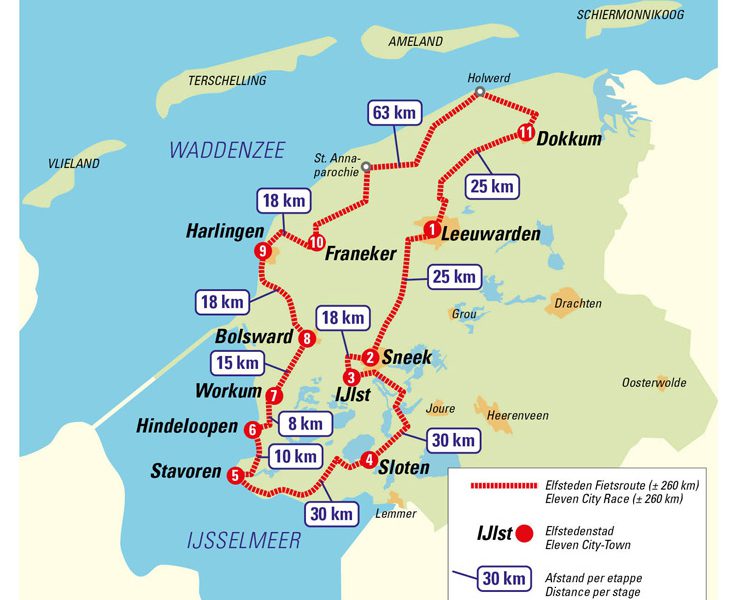Elfsteden Route: About the history of the Elfstedentocht and contemporary tours
Once in your life you must have ridden or sailed the Eleven Cities Route. Otherwise you will miss the experience of a good part of the rich history of the Netherlands. Nowhere will you find such a varied route as the Elfstedenroute, world-renowned Frisian heritage, especially since the last Elfstedentocht on skates in January 1997.
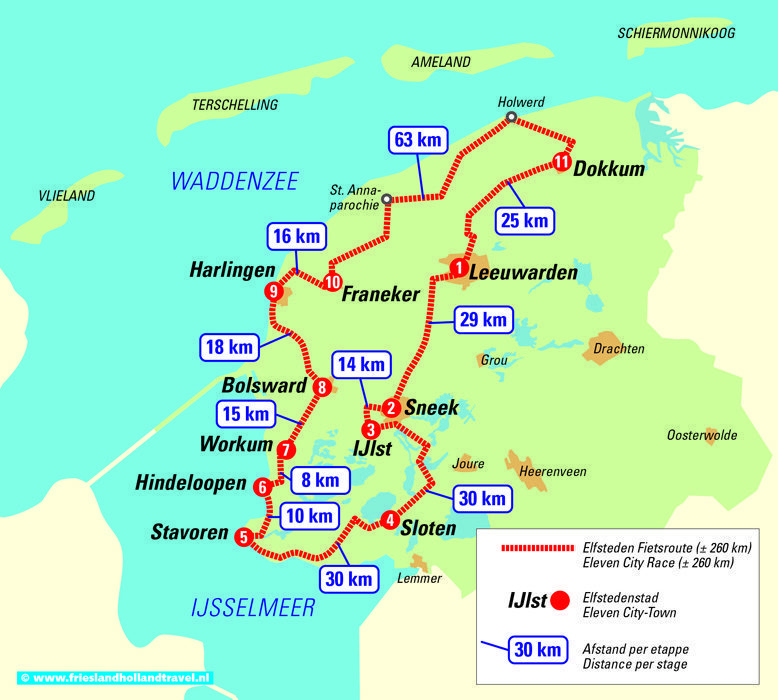
Elfsteden Cycle Route
Bike the elfsteden route yourself?
We offer several 2 – to 7-day Eleven Cities packages, with STO guarantee. These all include luggage transport and the fastest breakdown assistance: a top-notch replacement bike immediately!
Exclusive bikes
You can ride the Eleven Cities Tour on your own bike or on a luxury touring bike or e-bike.
Every stage, every day thrills
Every stage by bike, car, motorcycle, sloop, sailboat or cabin motor yacht is a unique experience. For example, you climb terps – five-thousand-year-old residential mounds along UNESCO World Heritage Site Wadden Sea – ten meters high and cycle through the forests and over the cliffs of Gaasterland on the IJsselmeer. The pinnacle of enjoyment is sitting on the terraces in the centuries-old romantic towns or on the shores of one of the many Frisian lakes. And be sure to take a day out for Leeuwarden, in 2018 the Cultural Capital of Europe for good reason!
Theater on the water
There is theater on the water every hour of every day throughout Friesland: modern yachts, sloops and large traditional sailing ships passing through locks and bridges and docking at the city’s old defensive ramparts. Friesland is the largest and most versatile water park in Europe with facilities for every type of boat, up to the multi-million dollar yachts of the richest of the rich.
For 400 years of Elfstedentocht
When the Elfstedentocht was first skated is not exactly known. But it is likely that as early as the sixteenth century people skated to the eleven Frisian cities on a single day. The official 200 km Elfstedentocht on skates has existed for over a hundred years. The first organized skating tour took place January 2, 1909; the last January 4, 1997. Then nearly 17,000 people completed the 200 km route within the set time: arrival before noon. Competition skaters take less than seven hours in favorable weather conditions; recreational skaters have 18 hours. Whether the Elfstedentocht can ever be skated again depends on climatic developments.
Tourist Elfstedentocht
Thanks to the tourism agency Friesland Holland, one does not have to wait for three weeks of severe frost to taste the atmosphere of yesteryear: it organizes Elfstedentocht tours every day every year. The start and finish of the skating tour are always in Leeuwarden, but for practical reasons (parking etc.) tourist tours usually start and end in the south of Friesland.
Elfsteden Cross
To participate in the Eleven Cities Tour on skates, one must be a member of the Royal Association De Friesche Elf Steden and have a starting card. Each participant, who completes the race or tour within the allotted time and has collected all the stamps, receives an eleven-city cross. Only race riders with a maximum excess of 20% of the winner’s or winner’s riding time are eligible for an eleven-city cross. Tour riders must arrive in Leeuwarden before 00:00 (midnight) in order to return home with the coveted cross. The medal was designed in 1909. It has the shape of a Maltese cross with a circle in the middle. This circle contains, in enamel, the coat of arms of Friesland. The inscription reads “De Friesche Elf Steden. In 2009, the association received the predicate ‘royal’ and the cross was adjusted so that the royal crown is also visible. These royal crosses are only awarded after the next tour. The image of the elfstedenkruisje, the logo, the flag and the name, Koninklijke Vereniging De Friesche Elf Steden, are protected and may not be used or exploited by third parties without the association’s permission. From the year 1909 to the present, a total of 56,314 silver Elfsteden crosses have been awarded. This medal can only be obtained by skating the entire Eleven Cities Tour within the set time limit. Those who have completed the tour by bicycle, car, motorcycle, moped, on foot, by boat or otherwise as part of an Eleven Cities package from Fryslân’s tourism office, Friesland Holland, will receive a personalized certificate upon presentation of a full stamp card and payment of €10.
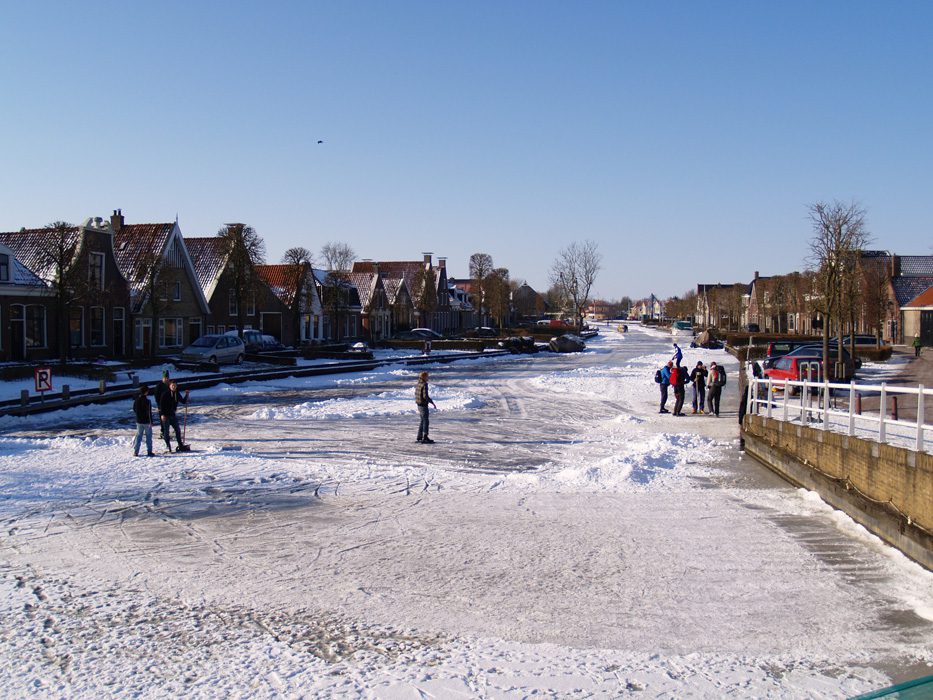
IJlst
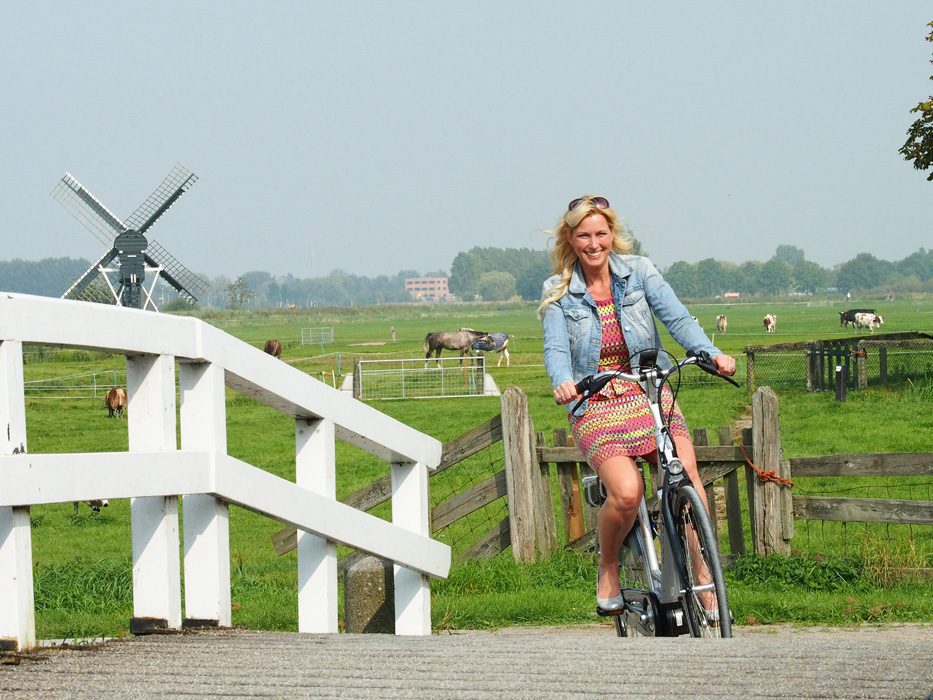
IJlst
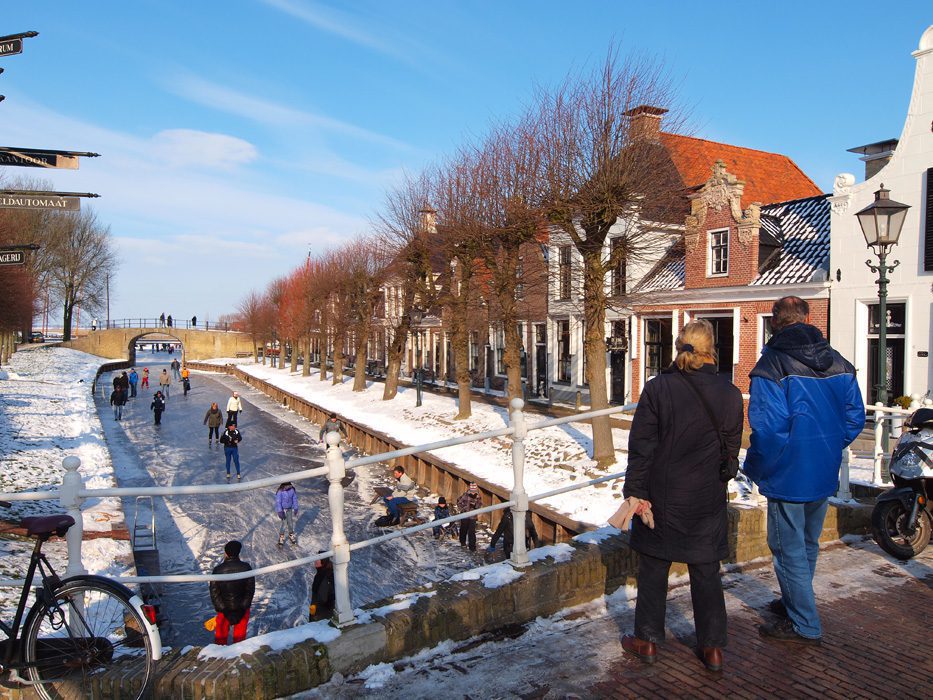
Locks
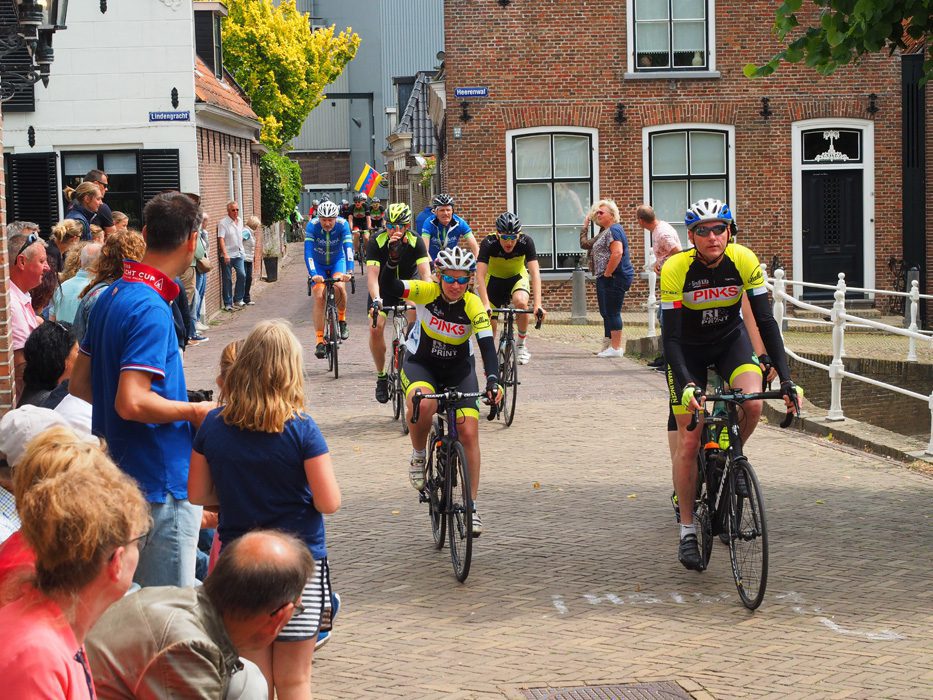
Locks
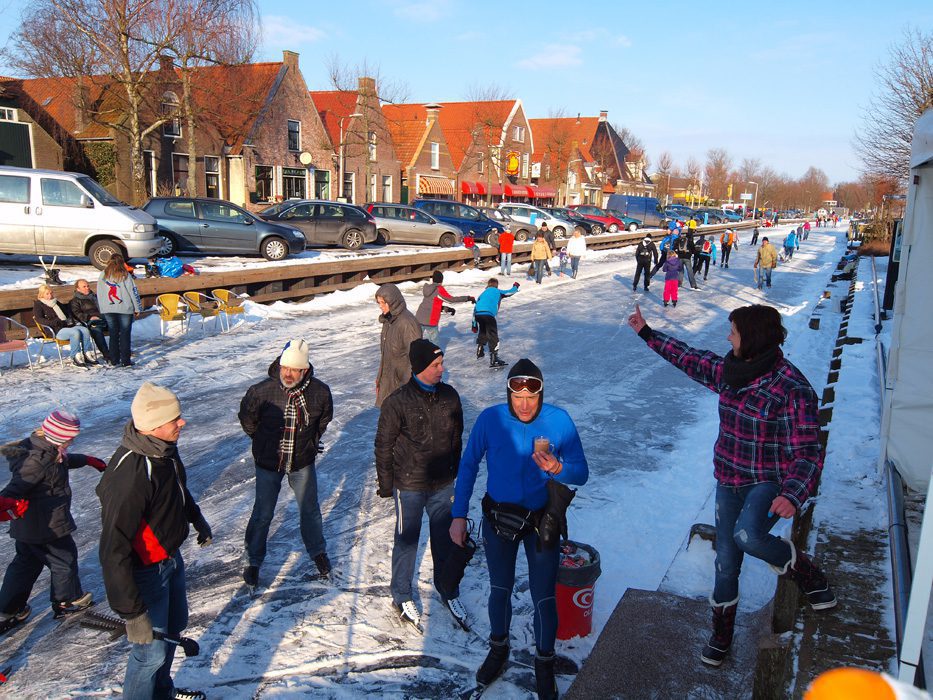
Balk
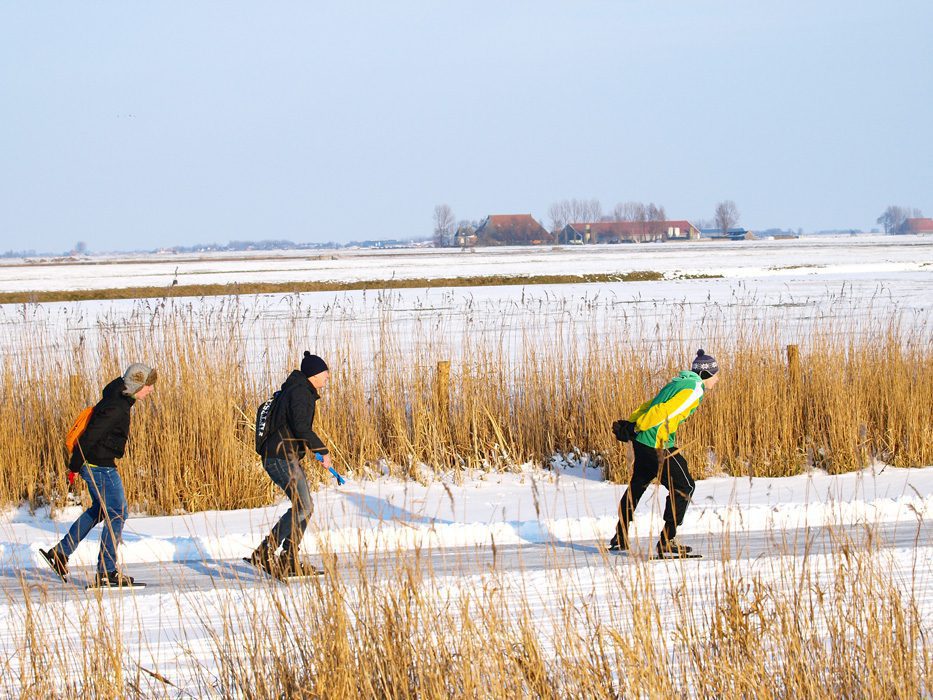
Hindeloopen
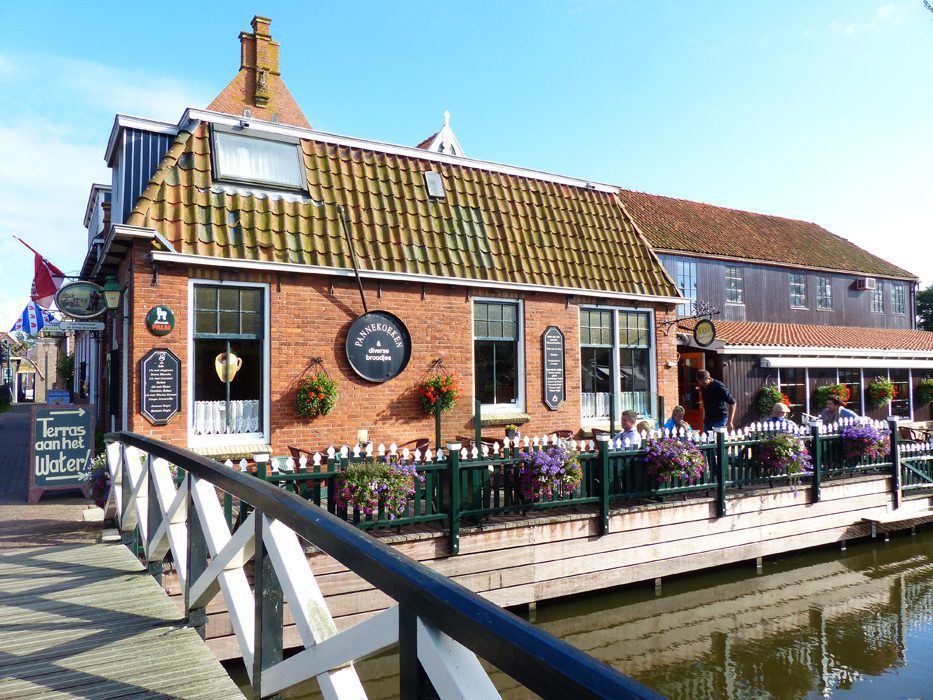
Elfsteden Museum – Hindeloopen
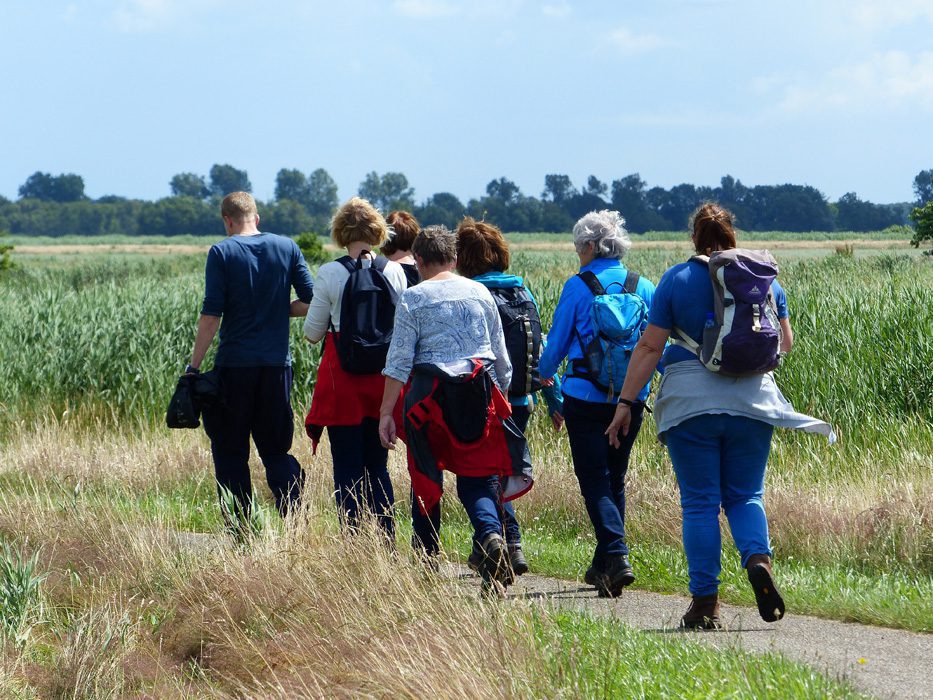
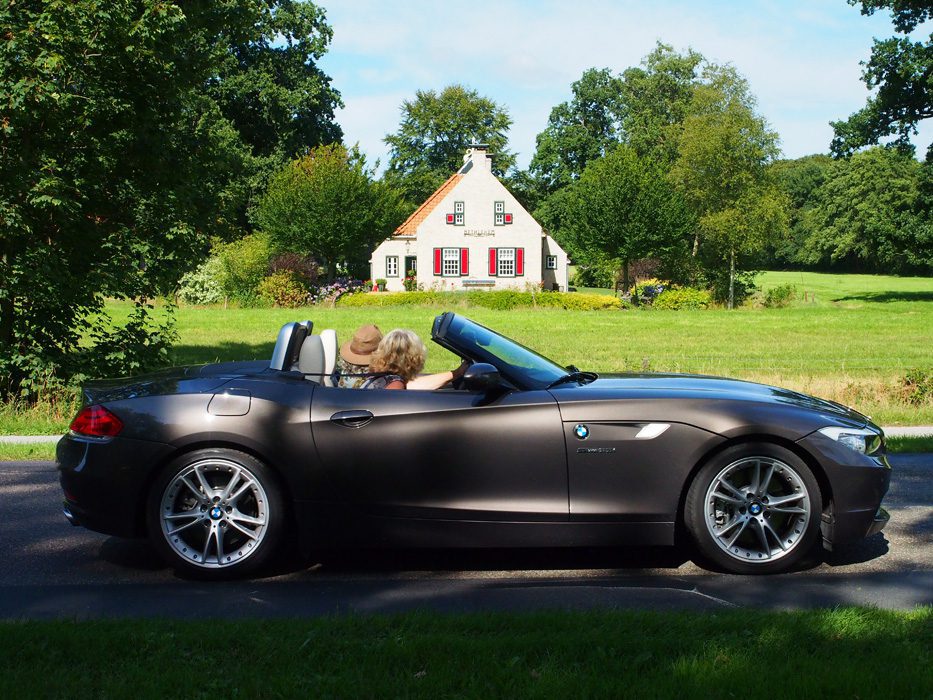
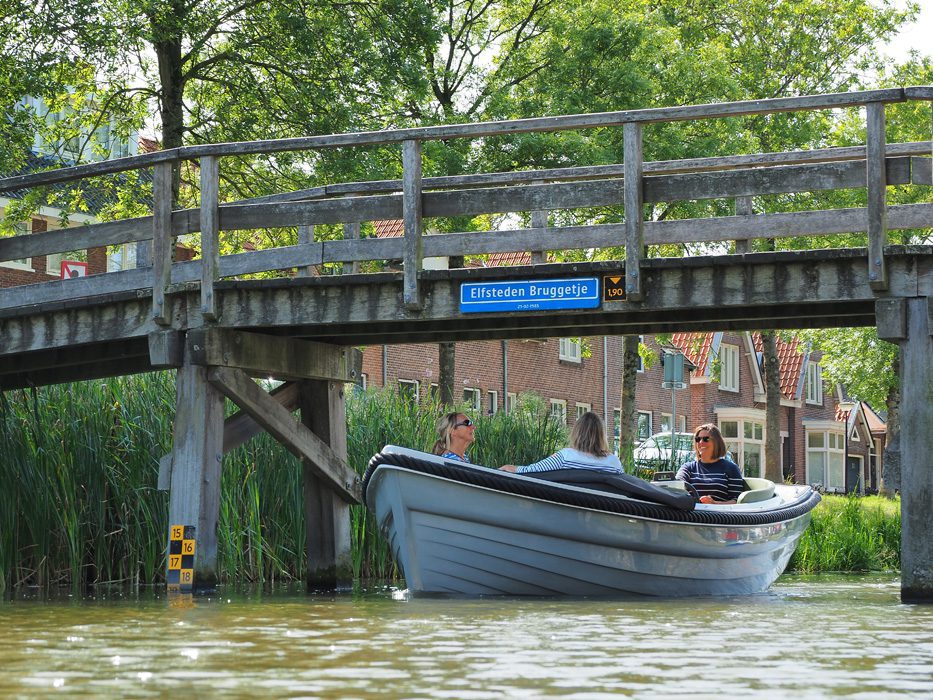
Franeker
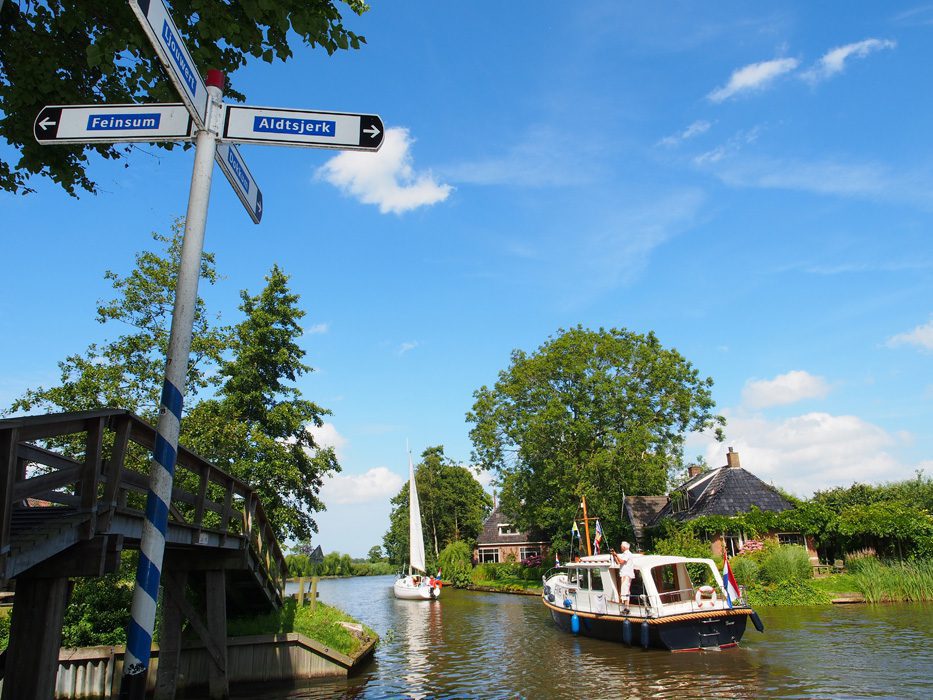
Bartlehiem
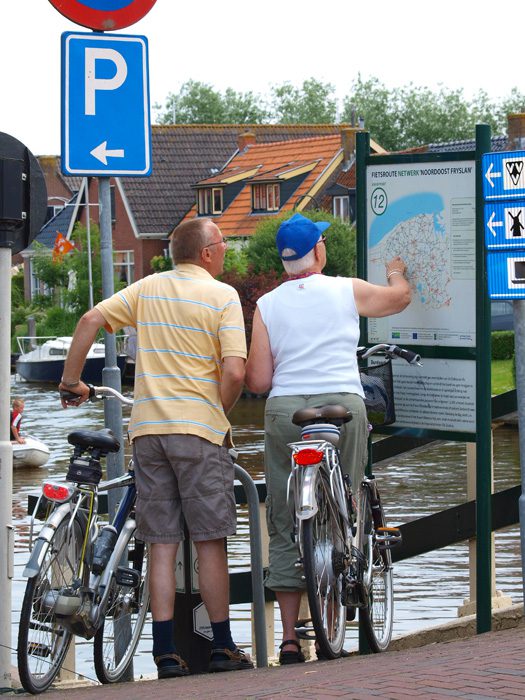
Burdaard
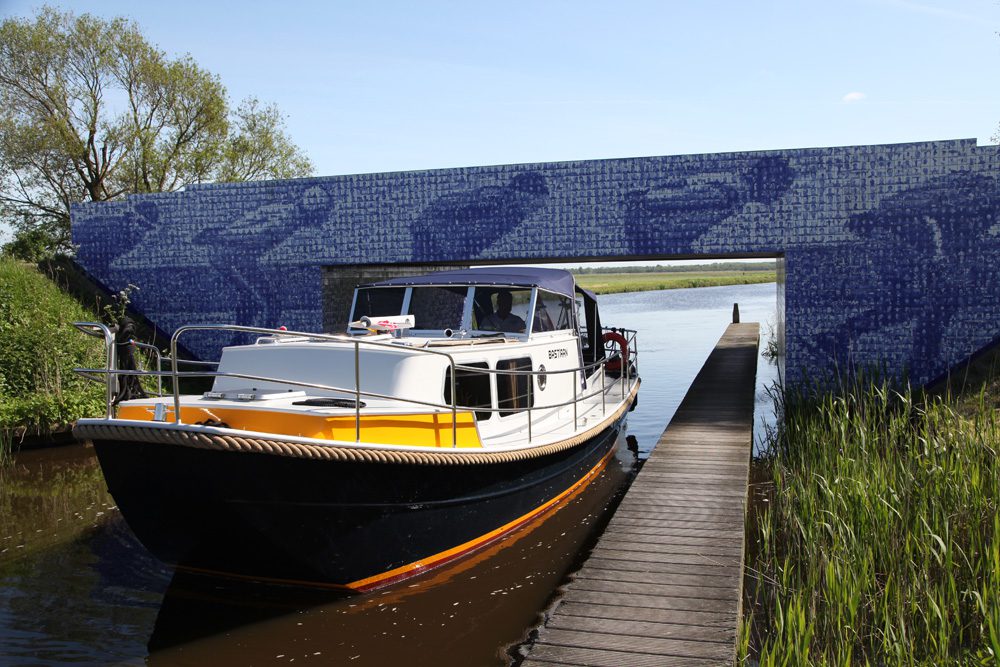
Tile Bridge – Gytsjerk
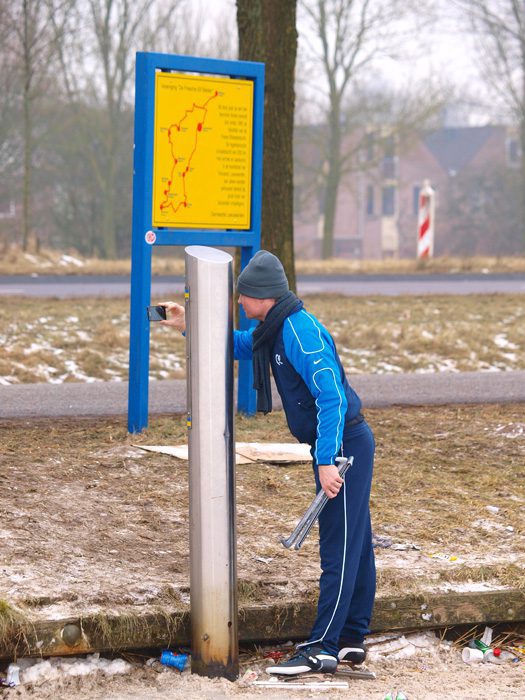
Bonkevaart – Leeuwarden
